On the Shortcomings of Deus Ex: Human Revolution (spoilers)
By marlow83 2 Comments
One of the best things I can say about Deus Ex: Human Revolution is that it really does make me think. It makes me take a step back and ponder the state of videogames today. I finally came to this conclusion: If this is really what the public at large considers one of the best stories that videogames have produced to date, then, to quote Jon Stewart: we're in bad shape, fellas. It's not so much that the narrative is entirely poor, it is just a standard cyberpunk plotline that is ridden with cliche and is surprisingly shallow. I wouldn't take issue with this if the game was so beloved only because of its satisfying stealth gameplay and surprisingly excellent conversation system, but many a critic have cited the game's story as one of its primary assets. It is not. And while it may not be completely terrible, Deus Ex does so much wrong with regard to its storytelling that I find it genuinely worrying that it is held in such high regard.
For all of you who aren't racing to the comments to call me lots of terrible names, I'll start by describing the one thing Deus Ex does completely right: the visual aesthetic. The future-noir cyberpunk vision of 2027 is cohesive and well detailed, and really benefits from the game's technical umph. The typical neo-noir visual stylings are found, with a lot of dark areas with a few contrasting lights. With possibly one exception, the game never breaks from this aesthetic, with a color scheme that largely consists of, well, you know what it is/ black and yellow/ black and yellow/ black and yellow/ black and yellow (My apologies to Wiz Khalifa). As typical as it all is, the game is still appealing to look at as it evokes the gritty futuristic noir of titles like Blade Runner, Dark City, and Cowboy Bebop.
But that's a major problem with Deus Ex: It feels a lot like Blade Runner, Dark City, and Cowboy Bebop. The game treads no new ground, and really has nothing to offer stylistically that is any sort of original. The light Renaissance stylings do nothing to distract from the obvious inspirations. But, this is likely the fault of this being a prequel to a game released ten years ago, back when game stories simply weren't taken seriously. The orginal Deus Ex was a simple copy-paste of ideas that had been explored in many other works of art prior to its release. And honestly, the incredibly basic, boxy level design did the visual stylings of the original no favors. This most recent incarnation of the franchise naturally has to be consistent with its beloved predecessor, but this limits the ability of the storywriters and artists to get creative in their depiction of 2027 Detroit. Really, ties to the first game hurt Human Revolution in many ways, that I will touch on throughout this article.
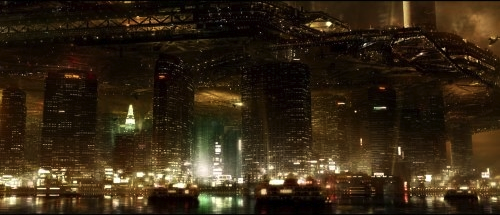
But first, another major (really, MAJOR) problem with HR's narrative is the low-quality voice acting. I'm going to deviate from the form here and say that Adam Jensen is probably the best voiced character in the entire game. He's comically gruff, certainly, in a way that is quite reminiscent of JC from the original, but there are genuine emotional inflections in Touflexis' line readings. He sells his character far better than anyone else here. Everyone else is either bland, over the top, or downright racist. Was David Sarif ever convincing? Was Malik ever interesting? Why did Eliza talk like a fucking computer if she was desinged to fool people into thinking she was human? Why are gang members talking about the latest UN meeting? Did any of the Chinese characters not sound like ridiculous caricatures? Was there ANY excuse for this? Seriously, that was fuckin' Bola Santosi bad. In a world where we have perfomances like Aaron Stanton's in LA Noire or Andy Serkis' in Enslaved, the idea that performances this awful are celebrated is saddening. While Jensen and maybe one other character deliver their lines well enough (Isias Sandoval comes to mind), the fact that the other 90% is garbage is inexcusable.
But issues with characters don't stop there. Everyone but Jensen is completely two dimensional, serving one very limited purpose with very little development. I have gone to the trouble of listing their respective purposes here:
David Sarif: The set ideology
Taggart: The new ideology
Hugh Darrow: the guy who shows up at the very end whose only purpose is to turn on the protagonist
Malik: the friend
Pritchard: The snarky, cynical one
Megan Reed: The lost love
Zhao Yun Ru: The Antagonist
Eliza: Deus Ex Machina
Nothing about the characters feels genuine, and their place in the story is almost always immediately obvious from the moment the player meets them.
What may be the laziest example of this is Malik's characterization as Jensen's "friend." The majority of Adam's interactions with his lady pilot are Malik asking him "Ready to go?" and her telling Jensen where they are heading. There is one side mission where Adam investigates the death of one of Malik's friends as a favor to her, which may have served as a good starting point for a real relationship to develop between the two characters, but this relationship is never truly developed further. But the triviality of the relationship between Jensen and Malik is most apparent at the end of the game, where Malik refers to Adam as "Spy Boy." She does this completely out of the blue, with no real sign of closeness between her and Adam prior to this point. And then literally a minute after she gives her little bionic hitman a cute nickname, she dies. The inclusion of the whole "Spy Boy" exchange is forced, like the studio realized that Malik wasn't a developed character, and needed to shove in a little bit of dialogue to prove that Jensen and Malik were "close," in hopes that it would give her death some impact. Malik then goes on to refer to Jensen as "Spy Boy" again in her dying sentence, which I suppose was to make the audience feel sad, as they remember the first time she referred to him as such about a minute prior. It is a cheap shot at trying to make the audience care about an incredibly bland character minutes before they kill them off.
Perhaps the stupidest subplot in the entire game is that of Eliza Cassan, the Katie Couric of the future. Eliza is the most prominent newsanchor in Deus Ex's world, for those of you who don't know who Katie Couric is. When Adam first starts pursuing her, he is only privy to the fact that she is involved with the antagonists in some way. What he does not know (which he learns later) is that she is an AI program designed to spin the news for the illumanati. First, any trip to Fox News should be enough for anyone to realize that an organization that wants to control the world doesn't need an AI program to lie to civilians and manipulate public opinion. Second, when Adam encounters Eliza for the first time, she is a hologram with an emotionally distant, synthesized-sounding voice. Almost seems like a computer program, huh? Naturally, Adam comes to the conclusion that Eliza is just hiding somewhere else. Another little tidbit of information that overtly clues towards Eliza's identity is her name. She is cleverly named after ELIZA, a simulated intelligence program. People in the know could probably see Eliza's twist coming from 2 miles away, as opposed to normal people, who could only see that twist from a mile away. But the idiocy isn't over. Eliza is one of the most blatant Deus Ex Machinas I have ever seen in any story. More on that later.
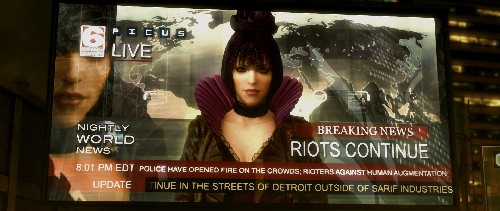
In fact, another sin the game commits that is right up there with its voice acting is just being incredibly predictable. I'd like to contrast the Eliza twist to the ending twist of Enslaved: Odyssey to the West. In Enslaved, Monkey and Trip learn that the slaver they'vre been hunting throughout the latter half of the story is actually putting people in a matrix-like state, where they live in a virtual world that is modeled after what Earth liked before the apocalypse. The twist is genuinely surprising because the hints (the mask holograms that show pictures of present-day Earth) are subtle, and the twist itself defies what the audience thought were the rules of the universe. We knew while playing Enslaved that technology had reached a high point, given the capabilities of the slave headbands and robots. But all that remains are scraps of what there was prior to the end of civilization. The fact that something like Pyramid survived through the years, or even that it exists, is a revelation, but not in a way that feels outrageous or dumb.
But the idea that Eliza would be an AI is expected, not just because of the overt clues dropped before we see her actual core, but simply because Deus Ex is cyberpunk. AI technology is something we expect from that genre, and the inclusion of it in Deus Ex should not come as a surprise. But to revert back to discussion of overt hints towards twists, let's talk about Hugh Darrow. Darrow is the man responsible for human augmentation, and is referenced to by a few characters and articles for the first 3/4 of the game. He started the whole augmentation movement, people look up to him, we would think he would side with the protagonists. That is, until, he finally shows up. We meet him in a dark scene as ominous music plays, while he is surrounded by sketchy looking body guards. Suddenly, I got a sneaking suspicion that he would turn on Adam before the end. Add that he was introduced very late in the game and would likely serve some significant purpose (given his status and all), I was all but convinced he would turn out to be one of the primary antagonists. Lo and behold, I was right. Literally a minute after meeting this guy, I was able to predict the game's final twist.
And for what it's worth, the Illuminati are used incredibly poorly in Human Revolution. Quite simply, they are used as a mostly unseen entity that the audience is simply meant to accept as the all powerful shadow organization they have a reputation for being. Sure, we lern the names and statuses of a few key figures, but the player is given no clues as to the scope of their power. Using the Illuminati as the primary antagonist of any story is a risky move, since it can either come off as genuinely frightening or just lazy. For two good examples of the former and latter, let's think back to Assassin's Creed and Assassin's Creed II. In the original Assassin's Creed, the players were made privy to two things: the Templars exist and they run the world, and that they after peices of Eden. That's it. We learn absolutely nothing about them, nothing about their methods, their past actions, or how deep the conspiracy really goes. In the sequel, the audience is given much more information about the Templars. We learn about key figures from history who had pieces of Eden, or who conspired to cause serious world events and set the course of history (the messages between Hitler, Churchill, and FDR come to mind). Deus Ex: Human Revolution is in the same category as the original Assassin's Creed. We're not told anything interesting about the illuminati, which makes them very uninteresting villains. The original Deus Ex's hook of "bro all this could be real!" just doesn't work in 2011.
But it's not just writing, parts of the gameplay hurt HR's story experience, too. I'm going to keep beating a dead horse and talk about the boss fights, but I'm gonna beat this corpse from a different angle than everyone else. Not only are these boss fights a dramatic disconnect from the rest of the gameplay, they also bring a massive halt to any kind of momentum HR's story may have had before Adam engages in these tedious 1 on 1 shootouts. At three seperate occassions in the game, Adam is forced into a boss fight with another augmented human. All of these occur right as Adam is about to make an important discovery or find an important lead. The story slows to a halt as any focus on narrative is abandoned in favor of arena style boss fights. If the levels themselves were designed around preparing the player for an end boss fight, then this would be acceptable. But they are not, they build to (unimpressive) revelations. And as if that wasn't bad enough, it is likely that players will be wondering who the hell these people are that they're fighting, and why exactly they all have a vendetta against Adam (2 of them spend a lot of time taunting Adam during their respective battle). Forcing the player to divert their attention from the story and to focus on how to beat a tough enemy with mediocre shooting controls does more damage to the quality of the storytelling than you would think.
On the topic of gameplay elements that take away from the story, the AI. The AI is solid for the most part, but they do some incredibly stupid things that take away from the serious tone the game tries to create. A significant example in my mind is one side mission, where the player is tasked with killing two men. The two men are in the Detroit hub area, on their own. Completely alone. After walking up next to them, within their view, I walked about 5 feet to one of their sides and shot one of them in the head with a supressed pistol. Instead of his friend knowing that I was the one who shot him, since I was roughly within spitting distance and was the only human around. He proceeded to reach the "alert" level and start to search the area, instead of coming to the reasonable conclusion that I had shot his pal. Actually, I want to rephrase my accusation of the AI's stupidity: they're not dumb, they just act like computer programs. They go through the same calculated process when searching for Adam, and they are completely unable to adapt in any way. Before you think I am asking too much from a videogame, I am simply asking that the AI actually be willing to pursue Adam through doors, actually shoot him through windows, or be aware of the shooting spree he went on inside the metro area 5 feet away. And when the enemies act this dumb, it takes away from any feeling of believability.
I must touch the one gamplay element that has the most story considerations: player choice. The player choice in Deus Ex: Human Revolution is an utter joke. First and foremost, there is exactly one way to play Deus Ex: as a stealth game. Even looking beyond Adam's minusicule amount of health and the bullet-sponge enemies, the game can't be played as a shooter-RPG. There is not enough ammunition goven to the player to play it as such. Enemies only ever seem to have anywhere from 2-5 bullets left in any given gun, and the sluggish, sometimes innacurate shooting mechanics guarantee that you'll use every last bullet you find for a rather pathetic number of kills. There's nothing inherently wrong with focusing on stealth, and the stealth in HR is largely great, but in a series that touts player choice, it seems hypocritical to only give players one viable option. And this is refelctive of player choice when it comes to story development, that is, everything is very linear. The player can be a bit snarky with their dialogue choices, but the player has no real control over Adam's character traits, except for his reaction to being augmented in the beginning of the game(which consists of maybe two discussions that have absolutely no impact on the rest of the story).To put this in the most basic of terms, there is no way to play a "good" or "evil" Adam Jensen, not even in the way he handles his assignments. Or even "nice" or "douchebag" Jensen. There is no choice, there is only "Jensen."
But nothing reveals how superficial the "choice" in Deus Ex as much as the ending. After fighting through a mountain of insane augmented people, Adam is presented with a choice of how to explain the attack of the crazies to the rest of the world: tell the truth about the illuminati, tell people that the Humanity Front attacked the augmented people (gaining trust for augmentation corporations), tell people to support limitation on human augmentation, or fuck everyone and blow the Arctic anti-pollution station up. These different endings can occur thanks to Eliza, who apparently has the power to adjust Darrow's speech the way Adam sees fit. Never before has an achievement name (Deus Ex Machina) been so appropriate. There is no real build up to this ending. If you choose to find David Sarif and Taggart in the final lavel they will tell you what to tell the common people, and that is the only real build up to this climactic choice. But what really is terrible about the ending is what comes after. A (well-read) speech from Adam about the future of humanity playing over a series of stock footage. Depending on which ending you choose, the speech is different, but each one is as dissatisfying as the next. None of the choices have an obvious result either, they all just end with Adam saying some variation on "I wonder what will happen?" with a different tone. The game does a great job of making these endings seem epic, with Touflexis' genuinely good narration and the game's great soundtrack playing over the stock videos, but if the player stops and thinks, they'll realize two things: That they honestly have been told nothing about Adam's actions' effect on the world or on the characters, and that the game is a prequel. We all know what happens in the future, because the original Deus Ex takes place 25 years later. So in the end, whatever choice Adam makes brings the same result. If that isn't shallow, I don't know what is.
There are things in this game I haven't even touched on: the dancing punk in the subway, or the bondaged ladies Adam has to kill to disrupt a communications array. This game should have been a masterpiece, but it did so much to undercut its tone and so little to develop its characters that it just can't come close to reaching the artistic heights that have been reached by its medium. For those of who who think I'm trolling, I really wanted to enjoy the game. I never asked for this.
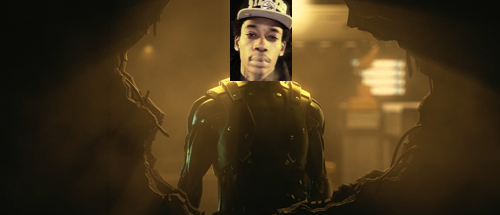
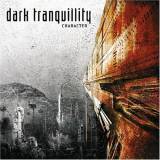

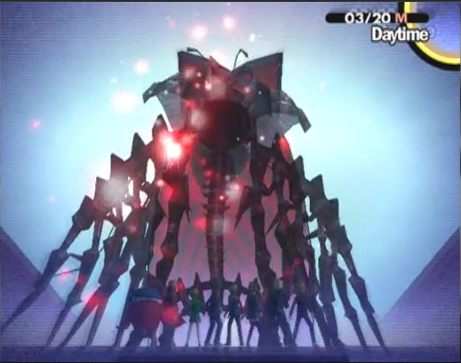
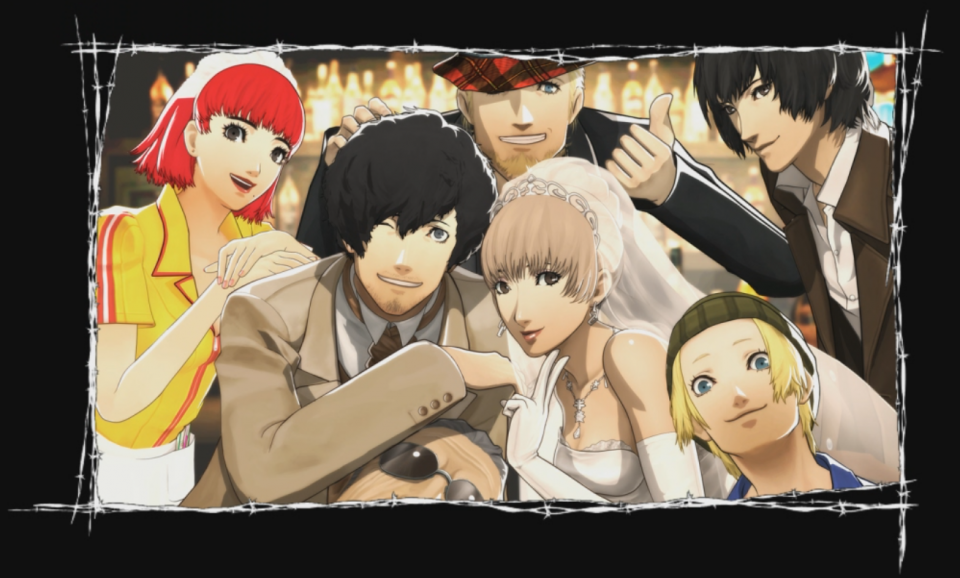
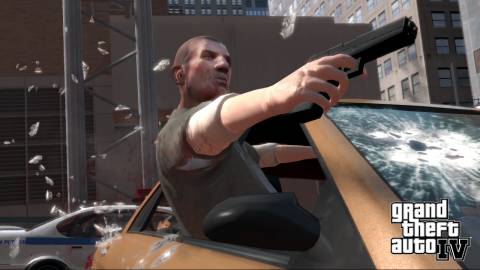
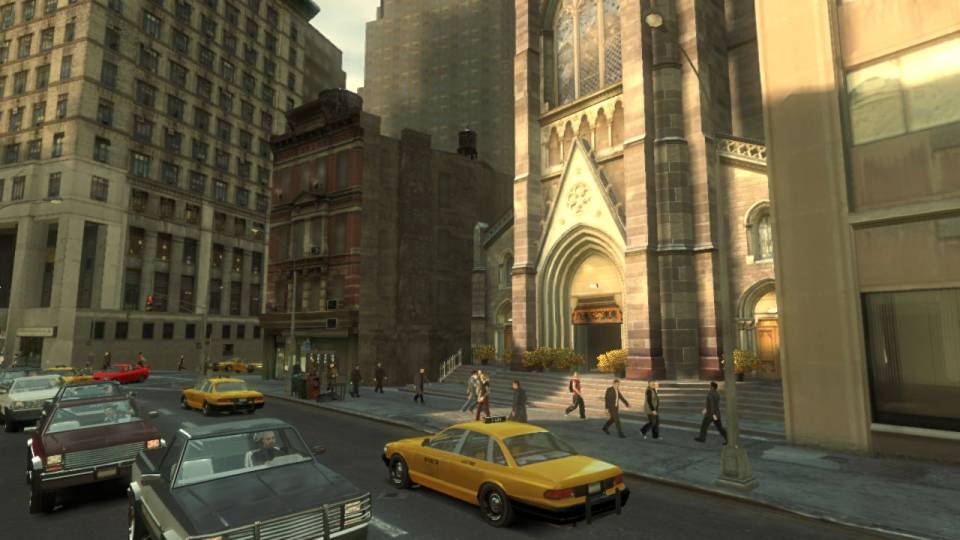

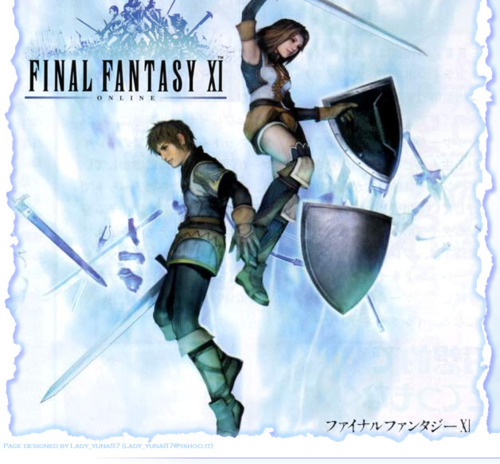
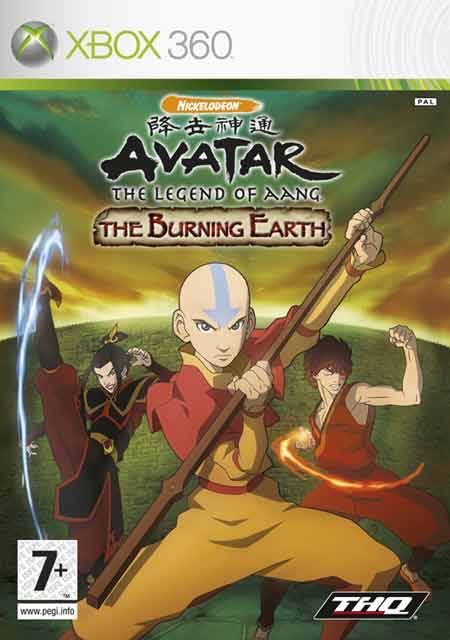
Log in to comment